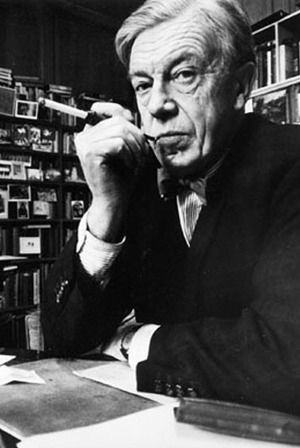


During the Second World War, his work was less influenced by Auden and he was developing a more traditional style of lyricism. He disinherited Jill and cut off all relationship with her and Day-Lewis.ĭuring the Second World War, he worked as a publications editor in the Ministry of Information, an institution satirised by George Orwell in his dystopian Nineteen Eighty-Four, but equally based on Orwell's experience of the BBC. Jill's father was deeply unhappy about the scandalous affair since Jill was named publicly as co-respondent in Day-Lewis' divorce. But he was no more faithful to Jill than he had been with Mary or Rosamond. Day-Lewis eventually broke with both his wife and his mistress in order to be with Jill. He continued simultaneous relationships with his married wife Mary who lived with their two sons in Dorset, unmarried mistress Lehmann who lived in Oxfordshire, and Jill who was his latest love. Day-Lewis met Jill at the recording of a radio programme in 1948 and began a relationship with her that year, despite being married to Mary. His first marriage was dissolved in 1951, and he married actress Jill Balcon, daughter of Michael Balcon. During the 1940s, he had a long and troubled love affair with the novelist Rosamond Lehmann. Day-Lewis worked as a schoolmaster in three schools, including Larchfield School, Helensburgh, Scotland (now Lomond School). In 1928, Day-Lewis married Constance Mary King, the daughter of a Sherborne teacher. His first collection of poems, Beechen Vigil, appeared in 1925. Auden and helped him to edit Oxford Poetry 1927.

In Oxford, Day-Lewis became part of the circle gathered around W. He was educated at Sherborne School and at Wadham College, Oxford. After the death of his mother in 1906, when he was two years old, Cecil was brought up in London by his father, with the help of an aunt, spending summer holidays with relatives in County Wexford.


 0 kommentar(er)
0 kommentar(er)
